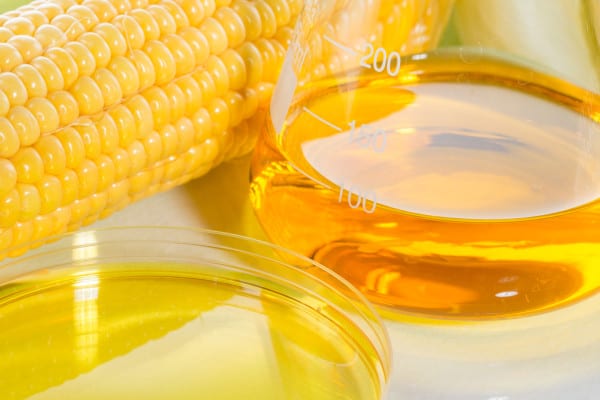High fructose corn syrup is a sweetener that producers make from corn starch. As with different sugars, it can cause teeth decay, weight problems, and metabolic syndrome whilst someone consumes it in massive quantities. Health experts preserve to discuss whether or not or not excessive fructose corn syrup (HFCS) is worse than different sugars. Many natural and organic fitness advocates argue that HFCS is extra dangerous than other sugars. The Food and Drug Administration (FDA) explains that HFCS isn’t always greater risky than different sugars, but research on the topic is ongoing. HFCS isn’t always vital for a healthful eating regimen. In fact, averting it can help someone keep a wholesome weight.
What is HFCS?
HFCS is a complete candy derivative of corn starch. Starch consists of chains of glucose, which is sugar. Breaking corn starch down into character glucose molecules forms corn syrup. To create HFCS, producers upload enzymes to corn syrup that convert some of the glucose to fructose. Fructose is the type of sugar found in fruit and may be very sweet. The quantity of fructose in HFCS varies. However, the maximum commonplace types comprise either 42% or 55 %. As with HFCS, table sugar, or sucrose, additionally includes glucose and fructose.
Is HFCS safe?
Research has continuously proven links between HFCS and weight problems, metabolic dysregulation, and similar fitness troubles. According to a 2017 examination of mice, HFCS intake expanded fasting glucose and decreased the ability of mice to clear glucose from the frame. The observe additionally observed modifications in dopamine signaling within the institution that ate up HFCS. Dopamine is a neurotransmitter that affects feelings of motivation and praise. Past research has linked impaired dopamine signaling to obesity.

Contrary to a few previous studies, HFCS did not now grow frame weight. This suggests that HFCS may also undermine health even if it does no longer motive weight advantage. A 2012 evaluation of 43 nations found that prices of diabetes are 20% higher than the ones wherein HFCS is effectively available. Several other studies have linked HFCS availability to better conditions of diabetes and coronary heart disorder. However, these studies are correlational and do not imply that HFCS at once causes these conditions. In international locations where HFCS is frequent, human beings may decide on sweetened meals or consume larger portions of all kinds of sugar.
This is why dissecting claims about whether or now not HFCS is secure is tough. Most research shows that HFCS availability correlates with a boom in fitness issues. However, HFCS availability additionally correlates extra usually with excessive sugar intake. The FDA and most different public health corporations emphasize that HFCS, as with different added sugars, can boom the danger of diabetes and different health worries. However, there may be little proof to signify that HFCS is inherently extra dangerous than different sugars. The trouble with HFCS is its incidence. It is present in severa foods, such as those that do not contain flavor candy, including pizza and crackers.
Foods that comprise HFCS
Many ingredients incorporate HFCS, so this list is in no way exhaustive. However, the most not unusual resources of this aspect encompass:
Soda: Almost all sodas contain HFCS, regularly in huge portions.
Sweetened juices: Some fruit juices, which include those that manufacturers marketplace to children, incorporate HFCS.
Processed desserts: Packaged goodies, together with candy, prepackaged cookies, truffles, and other cakes, often encompass HFCS.
Packaged result: Some applesauce, cranberry sauce, dried fruit snacks, and other fruit-based snacks incorporate HFCS as a sweetener.
Crackers: Some crackers, combined snack programs, and different cracker-like merchandise use HFCS to increasing sweetness.
Condiments and salad dressings: Many condiments, even salty ones including ketchup, use HFCS as a sweetener. Check the labels of salad dressings, ketchup, barbeque sauce, and different condiments.
Prepackaged meals: A type of prepackaged food, including some pizzas, comprise HFCS.
Granola and nutrition bars: Granola bars, protein bars, and other purportedly healthful snacks frequently use sweeteners to improve the taste. HFCS is one of the most famous sweeteners in these products.
Peanut and other nut butter: Peanut butter may seem to be a savory deal with, but it’s far genuinely lovely. Many peanut butter producers upload sugar, and some upload HFCS. The identical is real of a few different nut jars of butter, including cashew and almond butter.
Some bread and wheat: Some sweetened loaves of bread and wheat, including a few kinds of pasta, incorporate HFCS.








